Crop improvement offers both practical information and up-to-date research. It also suggests a vision of new directions and partnerships that are expected to evolve in this century. This book is an essential resource for practicing plant breeders and geneticists at universities, government agencies, and industry. It should also be of use to teachers and students engaged in crop breeding. This book includes detailed information on breeding specific crops, including rice, tropical maize, sorghum, common bean, sugar beet, bananas and plantain, cotton.
ABOUT THE AUTHOR Manjit S. Kang
Manjit S. King, PhD is, Professor of Quantitative Genetics in the Department of Agronomy at Louisiana State University. He earned his BSc in agriculture and animal husbandry with honors form the Punjab Agricultural university in India, and MS in biological sciences, majoring in plant genetic from Southern Illinois university at Edwardsville, an MA in botany from Southern Illinois university at Carbondale, and a PhD in crop science (genetics and plant breeding) from the University of Missouri at Columbia. Dr. Kang is the editor, author, or co-author of hundreds of articles, books, and book chapters. He enjoys and international reputation in genetics and plant breeding. He serves on the editorial boards of Crop Science, Agronomy Journal, Journal of new Seeds, and the Indian Journals of genetics & Plant Bre4ediong, as well as the Haworth Food products Press. Dr. Kang is a member of Gamma Sigma delta and Sigma Xi. He was elected a fellow of the American Society of Agronomy and of the Crop Science Society if America. In 1999 he served as a Fulbright Senior Scholar in Malaysia. Dr. Kang edited Genotype-by-Environment Interaction and Plant Breeding (1990), which resulted from an international symposium that he organized at Louisiana State University in February 1990. He is the author/publisher of Applied Quantitative Genetics (1994), which results from teaching a graduate level course on quantitative Genetics in Plant Improvement. Another book, Genotype-By-Environment Interaction, edited by him and Hugh Gauch, Jr., was published by CRC press in 1996. He edited Crop Improvement fro the 21st Century in 1997 (Research Signpost, India). He is also editor of crop Improvement (Haworth/Food Products Press), which resulted from an international symposium that he organized in Bton Rouge in March 2001. He recently co-authored GGE Biplot Analysis: A Geographical Tool fro Breeders, geneticists, and Agronomists (2002, CRC press), and he edited Quantitative Genetics, Genomics, and Plant Breeding (2002, CABI Publishing, united Kingdom). Dr. Kang’s research interests are: genetics of resistance to aflatoxin weevils, and herbicides in maize: genetics of grain dry-down rate and stalk quality in maize: genotype-by-environment interaction and crop adaptation; interorganismal genetics, and conservation and utilization of plant genetic resources. Dr. Kang taught Plant Breeding g and Plant genetics courses at Southern Illinois university-Carbondale (1972-1974). He has been teaching a graduate level Applied Quantitative Genetics course at Louisiana State University since 1986. He developed and taught an intermediary plant genetics course in 1996 and team-taught an Advanced Plant Genetics course (1993-1995). He also taught an Advanced Plant Breeding course al LSU in 2000. He has directed six MS theses and Six PhD dissertations, He has been a full Professor in the department of Agronomy at LSU since 1990. He has received many invitations to speak at international symposiums relatesd to genetics and plant breeding. Dr. Kang was recognized for his significant contributions to plant breeding and genetics by Punjab Agricultural University at Ludhiana at its 36the Foundation day in 1997. He served as President (2000-2001) of elected President of the Association of Agricultural Scientists of Indian man of the American Society of Agronomy’s Member services and retention Committee (2001-2004). Dr. Kang’s biographical sketches have been included in Marquis’ Who’s Who is the South and Southest, Who’s Who in America, Who’s Who in the World, Who’s Who in Science and Engineering, and Who’s Who in Medicine and Healthcare.

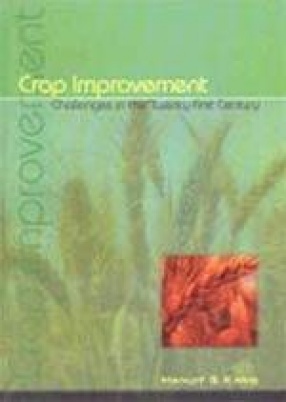
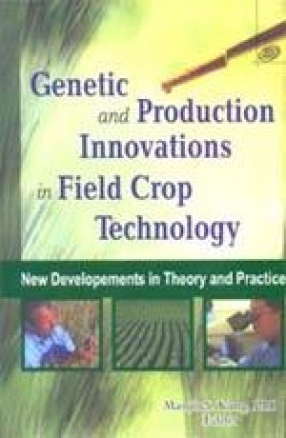
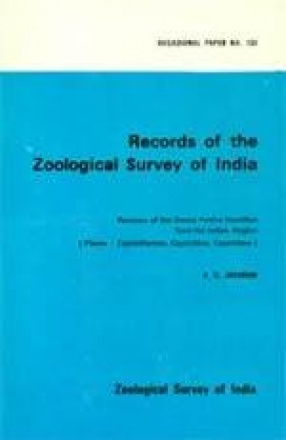
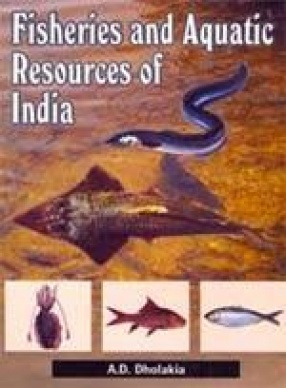
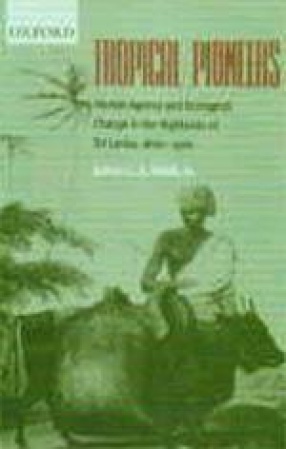
There are no reviews yet.